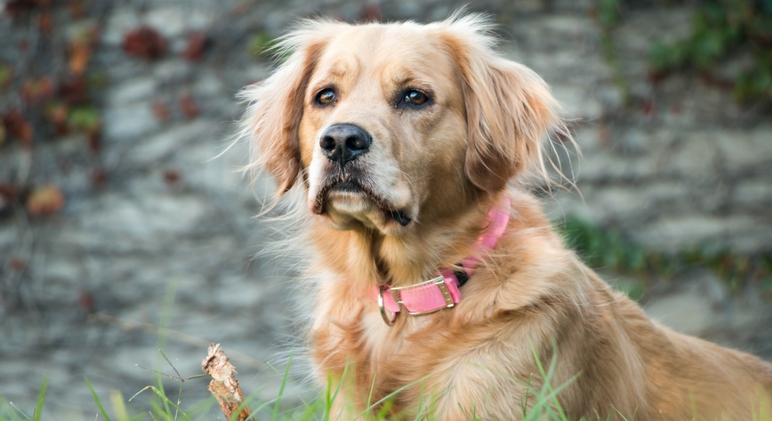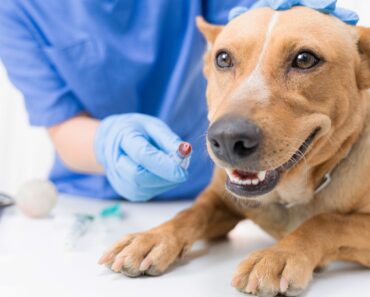Have you ever heard the expression, “There are no bad dogs, just bad owners”? Well, it’s very fitting for today’s post. When we first bring a new puppy home, it’s up to us to teach them the house rules. We need to teach them where their potty is, what they can chew, where they can sleep, and what behaviors are major no-nos. Training is all about consistency, patience, and positive reinforcement. The only problem? Sometimes we encourage bad (or shall I say, “unwanted”) behavior without realizing it. Here are a few common complaints and what you can do moving forward to break the pattern.
1. Begging For Food
Begging for food is one of the most common complaints among dog parents. When you sit down to enjoy a meal, does it usually go like this: Your dog walks over, looks at you with his desperate yet totally adorable puppy eyes, and begins to whine. The end result: You share a few bites to make your canine companion happy.
While it may be hard to resist, caving into your crying pup encourages the unwanted behavior. In your dog’s mind, if he whines then he’ll get what he wants. Dogs are very result-driven creatures and begin to associate their actions with certain outcomes. So the more food you offer, the more your pup will beg.
Instead of sharing the food on your plate, schedule your pup’s meal time around yours. Or, try stuffing a few healthy treats into a dog puzzle to keep your pup preoccupied during your dinner time.
2. Demand Barking
Does your dog bark when he wants something? Maybe his ball rolled under the couch and he’s barking at you to get it. Does he bark with excitement when you reach for the leash to go for a walk, as if he’s saying “Hurry up!”? Or perhaps he sees you preparing his food and begins to yap away.
While it may be easy to give your dog what he wants while he’s still barking (because we want to make the noise stop), this just encourages the behavior. Instead, before you retrieve the ball from under the couch, strap on his leash to go for a walk, or place his food bowl on the ground, make him sit and relax. If he just keeps barking then walk away and do something else until he settles. The goal? You want to teach your dog that barking isn’t the right solution.
3. Jumping
When you walk into your home after a long day, does your dog greet you by jumping up on you? Does it seem like your pup suddenly grew springs under his feet to help give him a little extra bounce? Jumping up on people is a common behavior problem, especially in energetic and excitable dogs. While it may seem like a harmless display of affection, jumping can be annoying and even dangerous, especially for children or elderly individuals. However, when we respond with laughter, petting, or other forms of attention, we inadvertently reinforce this behavior. To discourage jumping, keep greetings low-key and start teaching an alternative behavior, such as sitting or lying down. Ignore jumping behavior and only give attention when your dog has all four paws on the ground. Consistency and patience are essential in breaking this habit. I have a whole article on Tips To Stop Your Dog From Jumping. Click here to get my tips.
4. Leash Pulling
Dogs love to explore the great outdoors and sometimes their leash gets in the way. So, in an attempt to smell the bush or pee on the fire hydrant, he may pull on his leash. Rather than picking up the pace and running after your dog (which simply tells your dog that he’s walking you, not the other way around), the best thing you can do is simply stop walking. Remain quiet and let your dog keep struggling to pull until he settles down. This may take a few minutes. Once your fur baby settles down, give him a lot of praise and a treat. Eventually, he will associate a loose leash with getting a prize. While in training, consider using a front-clip harness to give you more control and discourage pulling behavior.
5. Excessive Licking
While licking is a natural behavior for dogs, excessive licking can be a sign of anxiety, boredom, or even a medical issue. However, when we respond to excessive licking with attention or affection, we inadvertently reinforce the behavior. To address excessive licking, identify the underlying cause and address it accordingly. Find out the top reasons dogs lick here.








